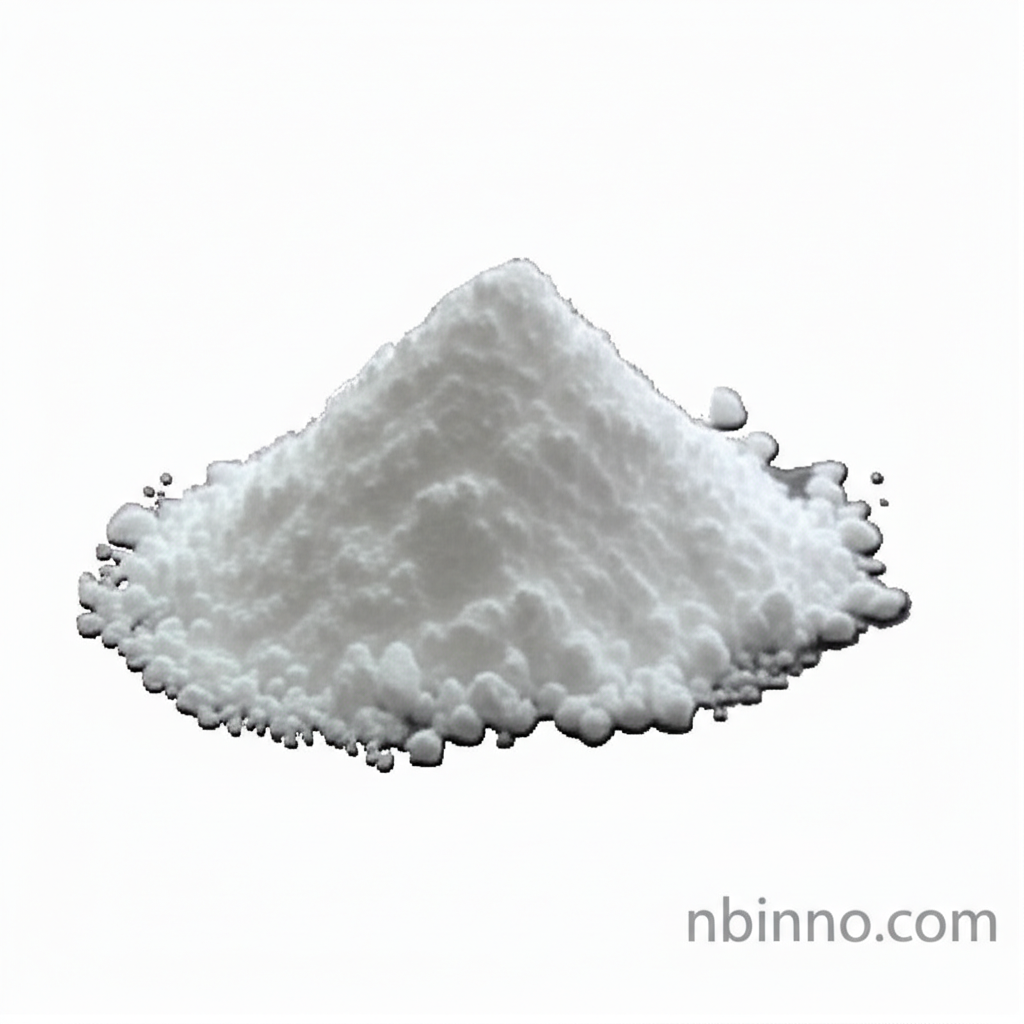2-(5-Mercaptotetrazole-1-yl)ethanol: A Key Intermediate for Beta-Lactam Antibiotics and Beyond
Discover the crucial role of this versatile chemical in pharmaceutical synthesis and industrial applications.
Get a Quote & SampleProduct Core Value

2-(5-Mercaptotetrazole-1-yl)ethanol
This compound is a vital pharmaceutical intermediate, primarily recognized for its role in the synthesis of Flomoxef, a significant beta-lactam antibiotic. Its molecular structure, featuring a tetrazole ring and a mercapto group, imbues it with unique chemical properties that extend its utility beyond antibiotic production.
- As a key intermediate for Flomoxef synthesis, this compound is essential for producing advanced beta-lactam antibiotics.
- Its ability to inhibit vitamin K-dependent glutamylcarboxylase highlights its importance in understanding blood coagulation mechanisms.
- Research into its antimicrobial properties suggests potential as an antifungal agent, expanding its therapeutic possibilities.
- The compound's chemical stability and reactivity make it a valuable component in agrochemical formulations and industrial corrosion inhibition strategies.
Key Advantages Offered
Versatile Pharmaceutical Intermediate
Leverage this compound as a critical building block for novel drug discovery and development, especially within the antibiotic sector, contributing to effective Flomoxef synthesis intermediate solutions.
Biochemical Regulatory Potential
Explore its function as a vitamin K-dependent glutamylcarboxylase inhibitor, offering insights into biological pathways and potential therapeutic interventions.
Broad-Spectrum Antimicrobial Properties
Benefit from its demonstrated efficacy against various pathogens, positioning it as a candidate for developing new antimicrobial tetrazole derivative treatments.
Key Applications
Pharmaceutical Synthesis
Essential for the production of beta-lactam antibiotics like Flomoxef, serving as a critical Flomoxef synthesis intermediate.
Biochemical Research
Studied for its inhibitory effect on vitamin K-dependent glutamylcarboxylase, relevant for anticoagulant research and related biochemical pathways.
Antimicrobial Development
Investigated for its potential as an antimicrobial tetrazole derivative, showing activity against various microbial strains.
Industrial Corrosion Inhibition
Utilized as an effective corrosion inhibitor, protecting metal surfaces in industrial settings and enhancing equipment longevity.
